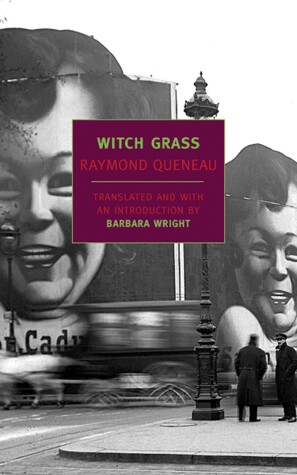New York Review Books Classics
2 total works
We Always Treat Women Too Well was first published as a purported work of pulp fiction by one Sally Mara, but this novel by Raymond Queneau is a further manifestation of his sly, provocative, wonderfully wayward genius. Set in Dublin during the 1916 Easter rebellion, it tells of a nubile beauty who finds herself trapped in the central post office when it is seized by a group of rebels. But Gertie Girdle is no common pushover, and she quickly devises a coolly lascivious strategy by which, in very short order, she saves the day for king and country. Queneau's wickedly funny send-up of cheap smut—his response to a popular bodice-ripper of the 1940s—exposes the link between sexual fantasy and actual domination while celebrating the imagination's power to transmute crude sensationalism into pleasure pure and simple.
Seated in a Paris café, a man glimpses another man, a shadowy figure hurrying for the train: Who is he? he wonders, How does he live? And instantly the shadow comes to life, precipitating a series of comic run-ins among a range of disreputable and heartwarming characters living on the sleazy outskirts of the city of lights. Witch Grass (previously titled The Bark Tree) is a philosophical farce, an epic comedy, a mesmerizing book about the daily grind that is an enchantment itself.

